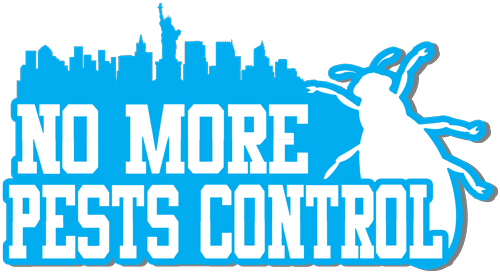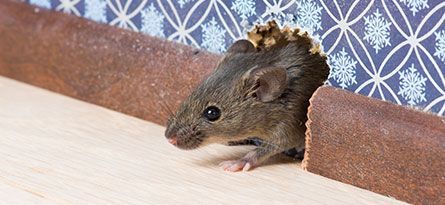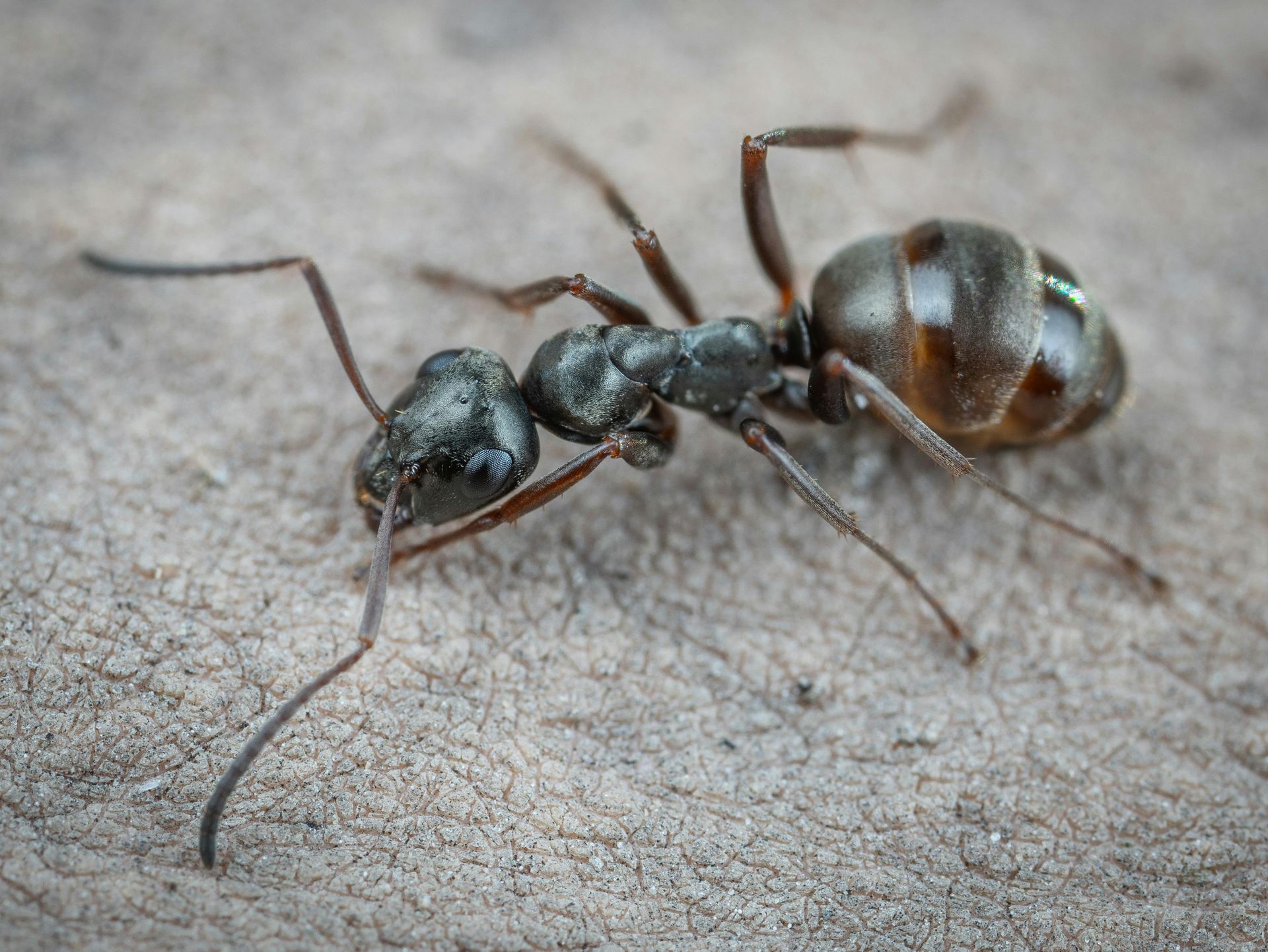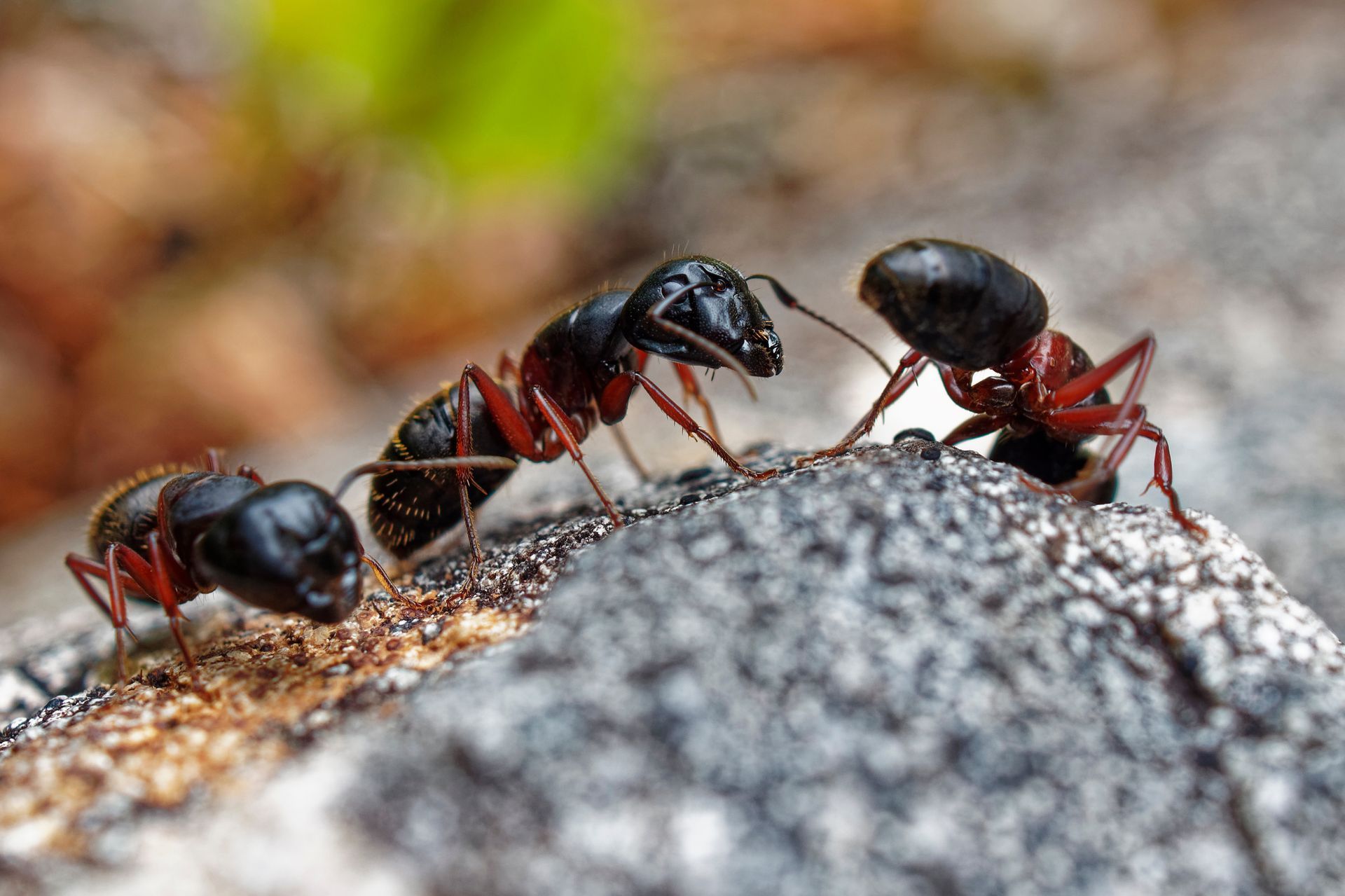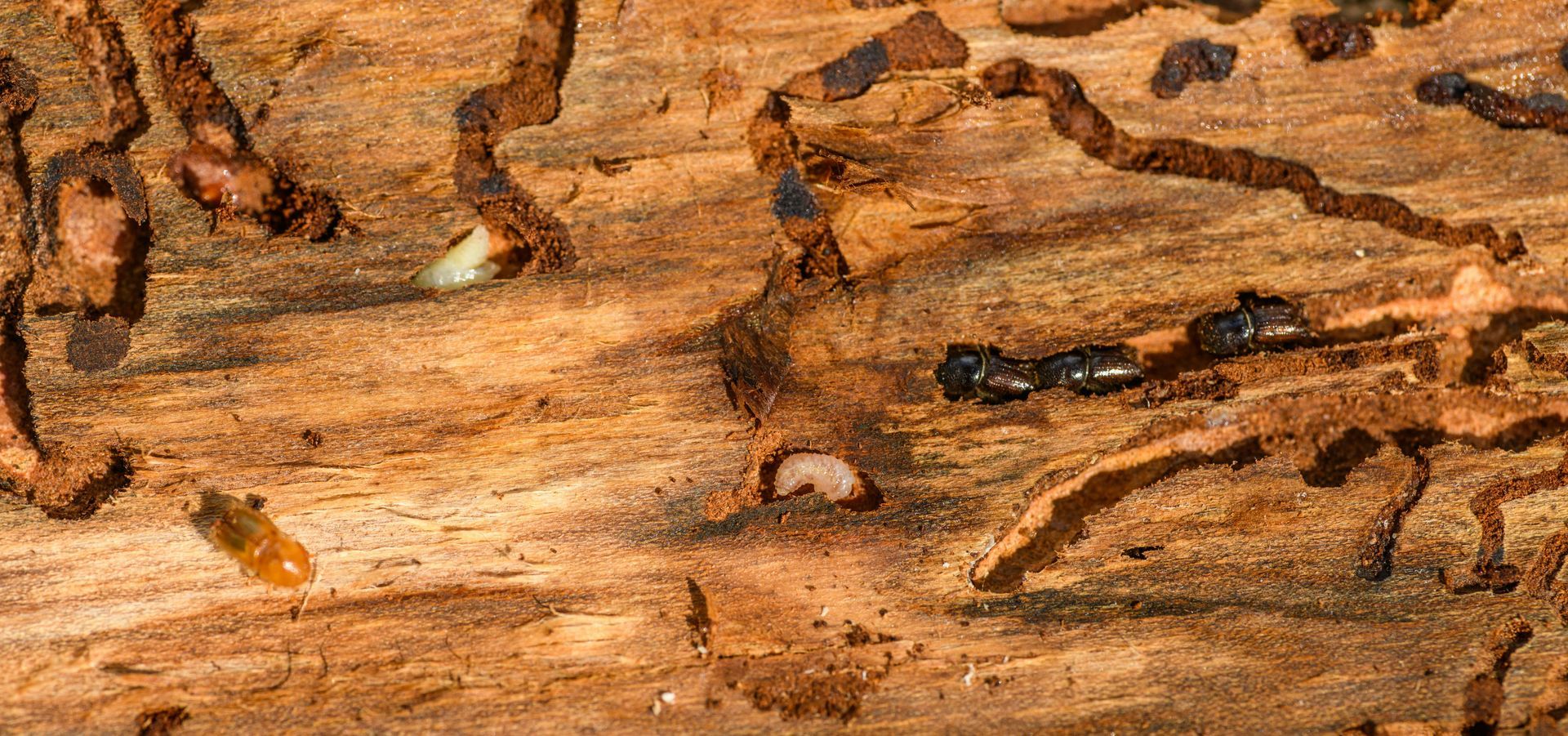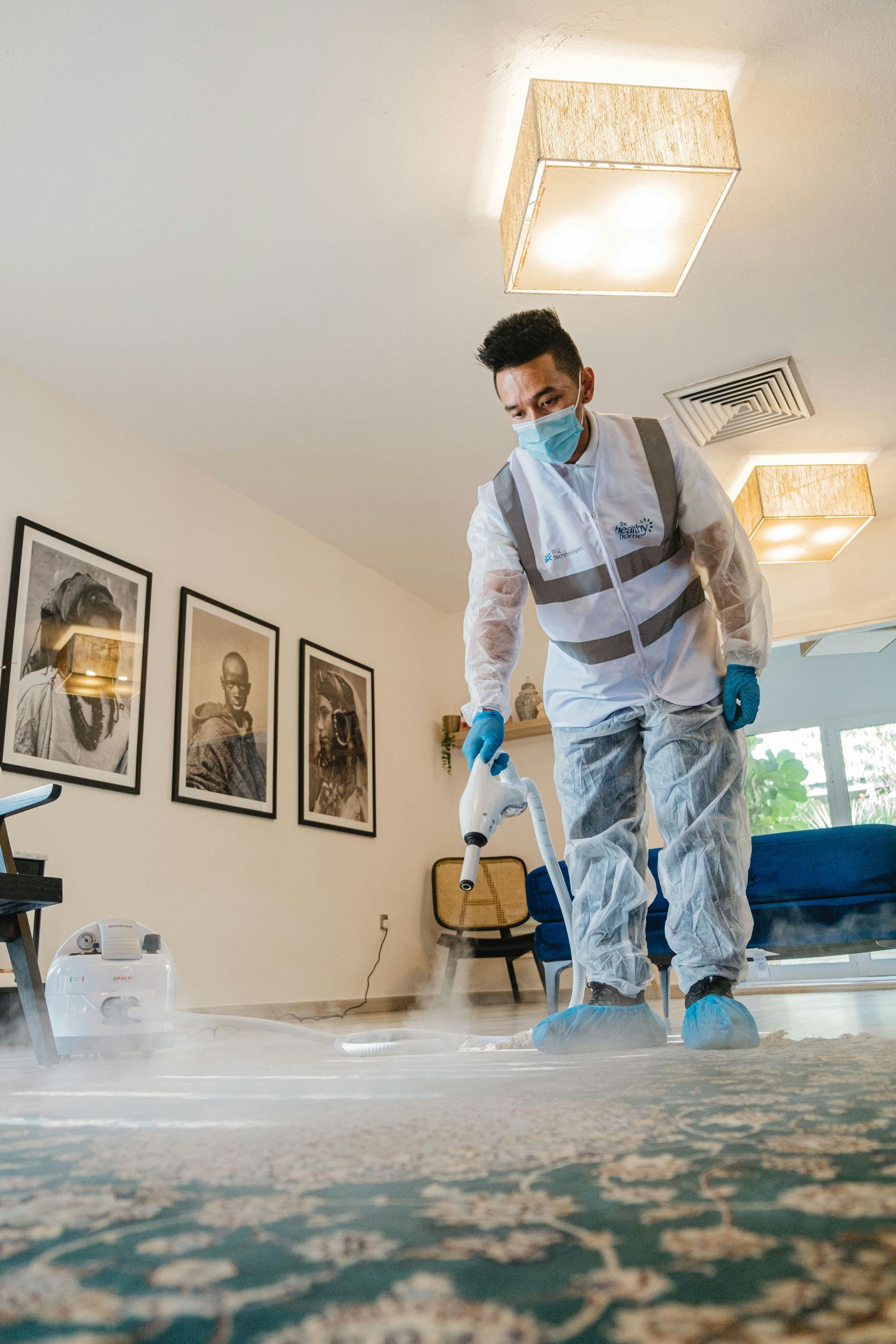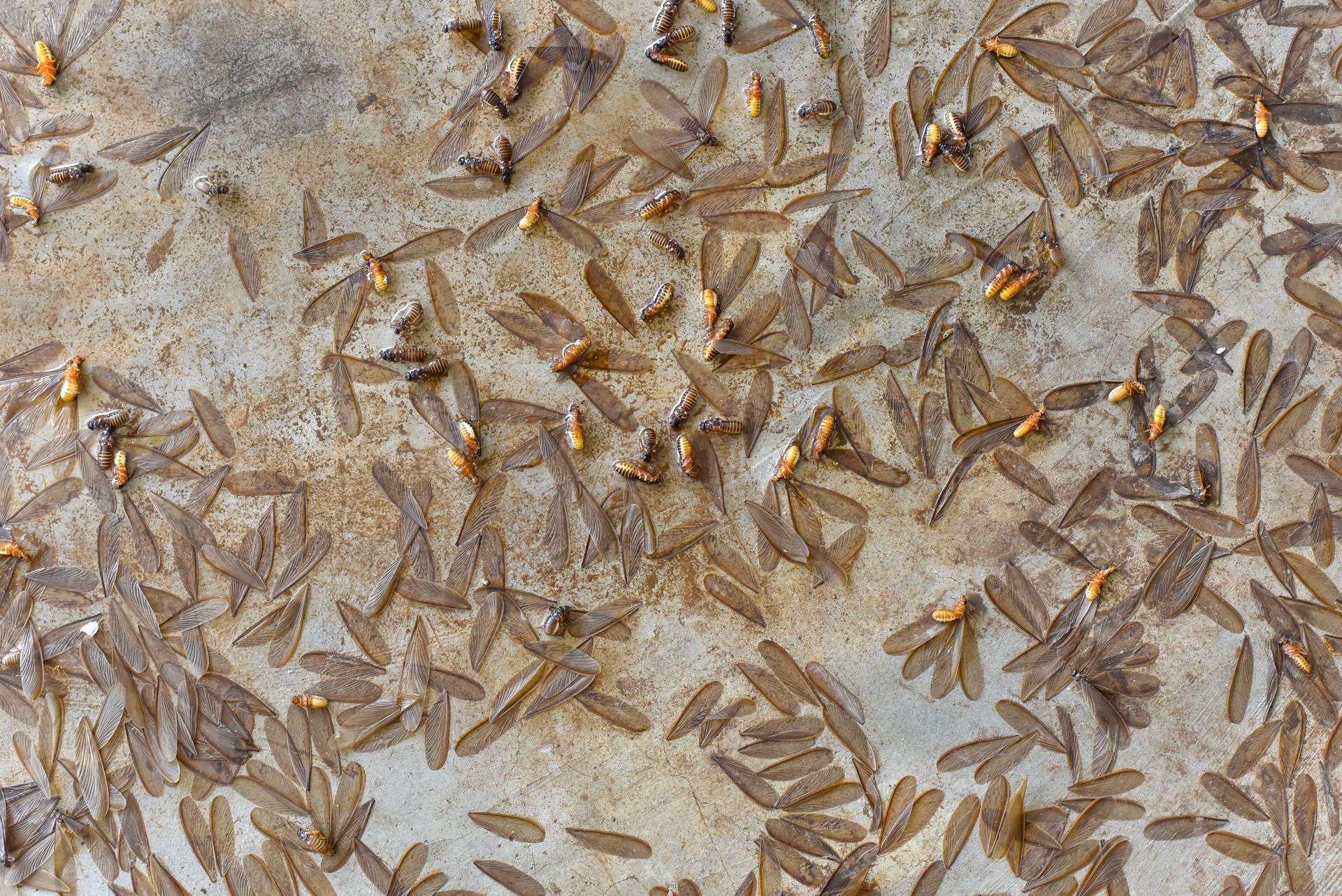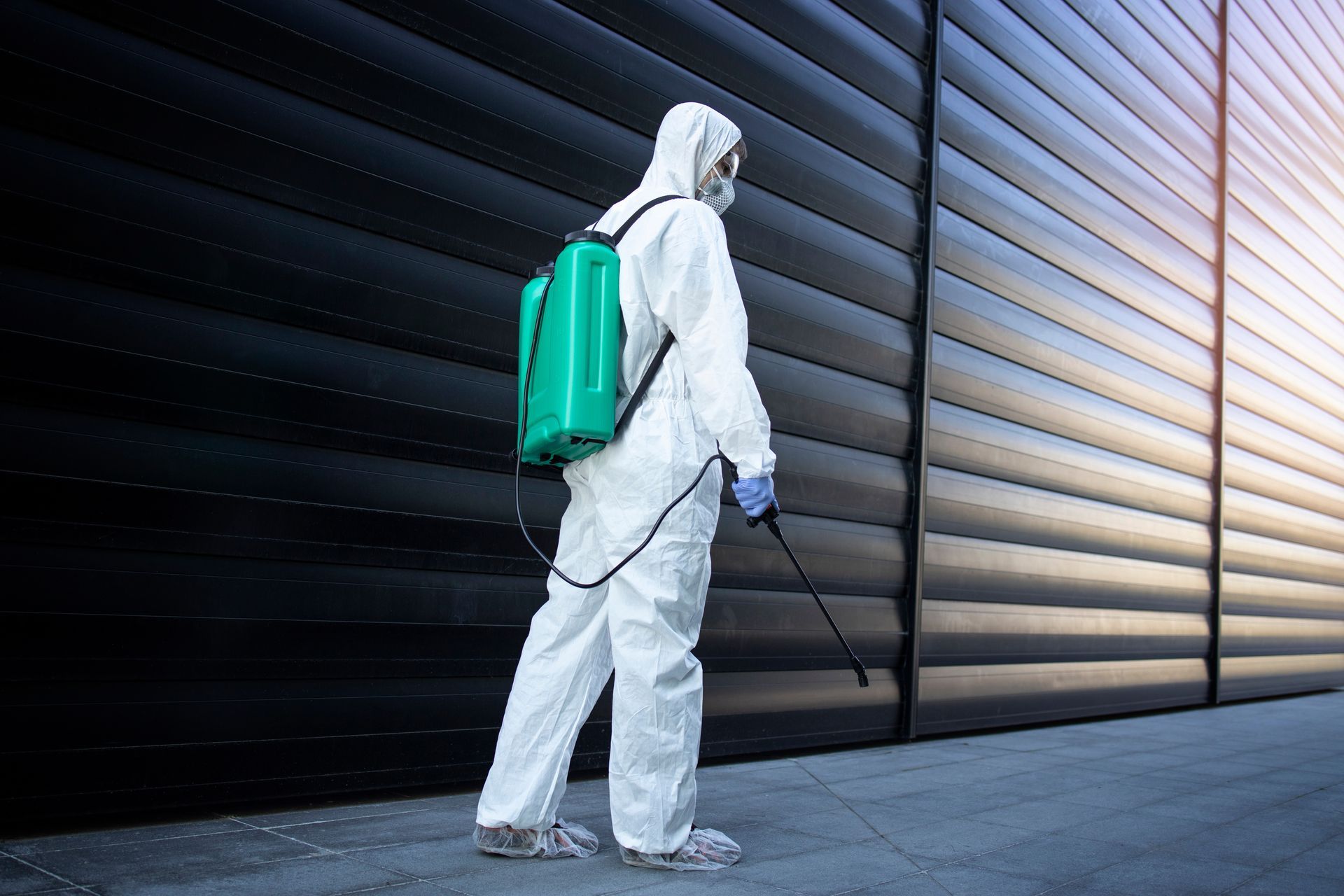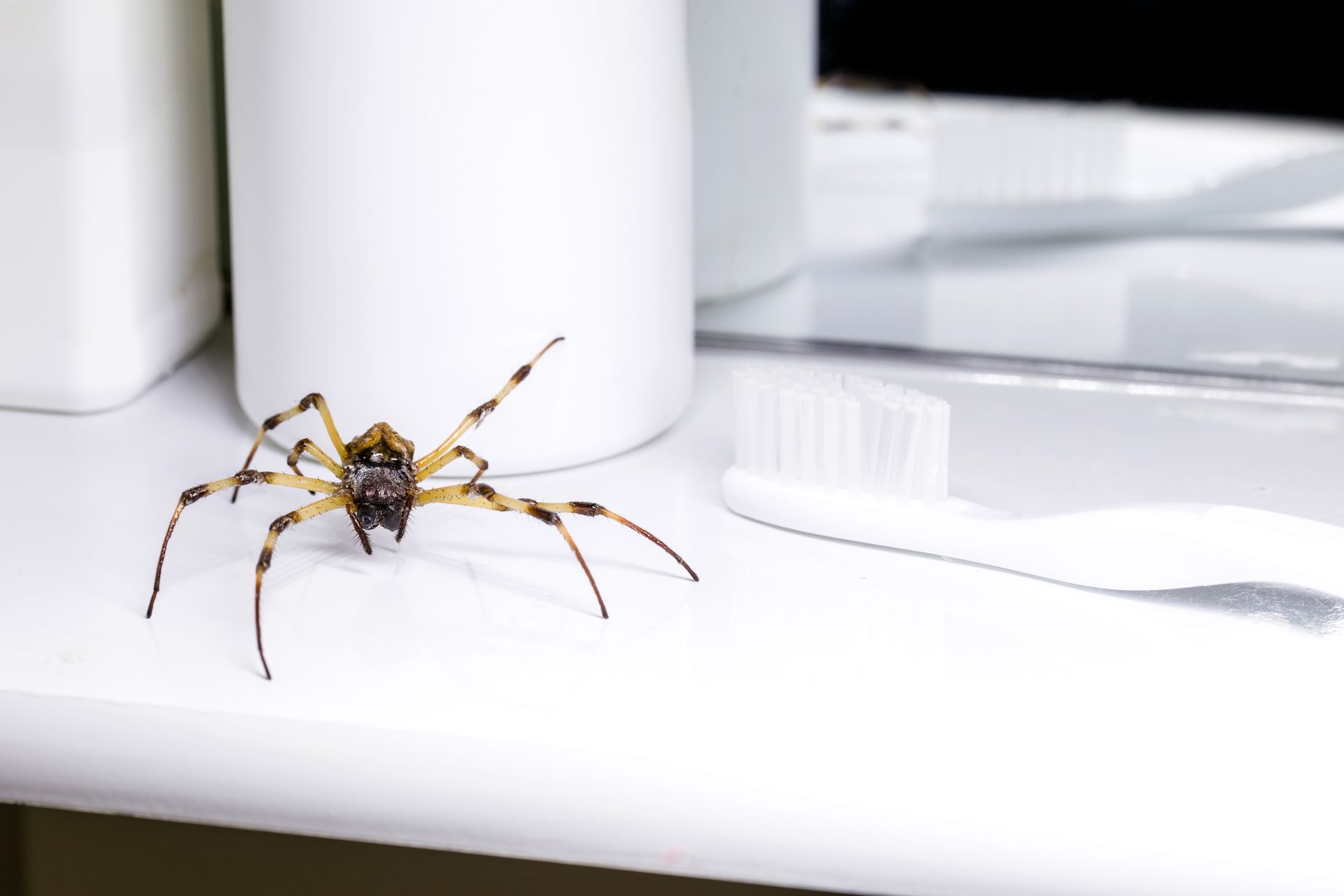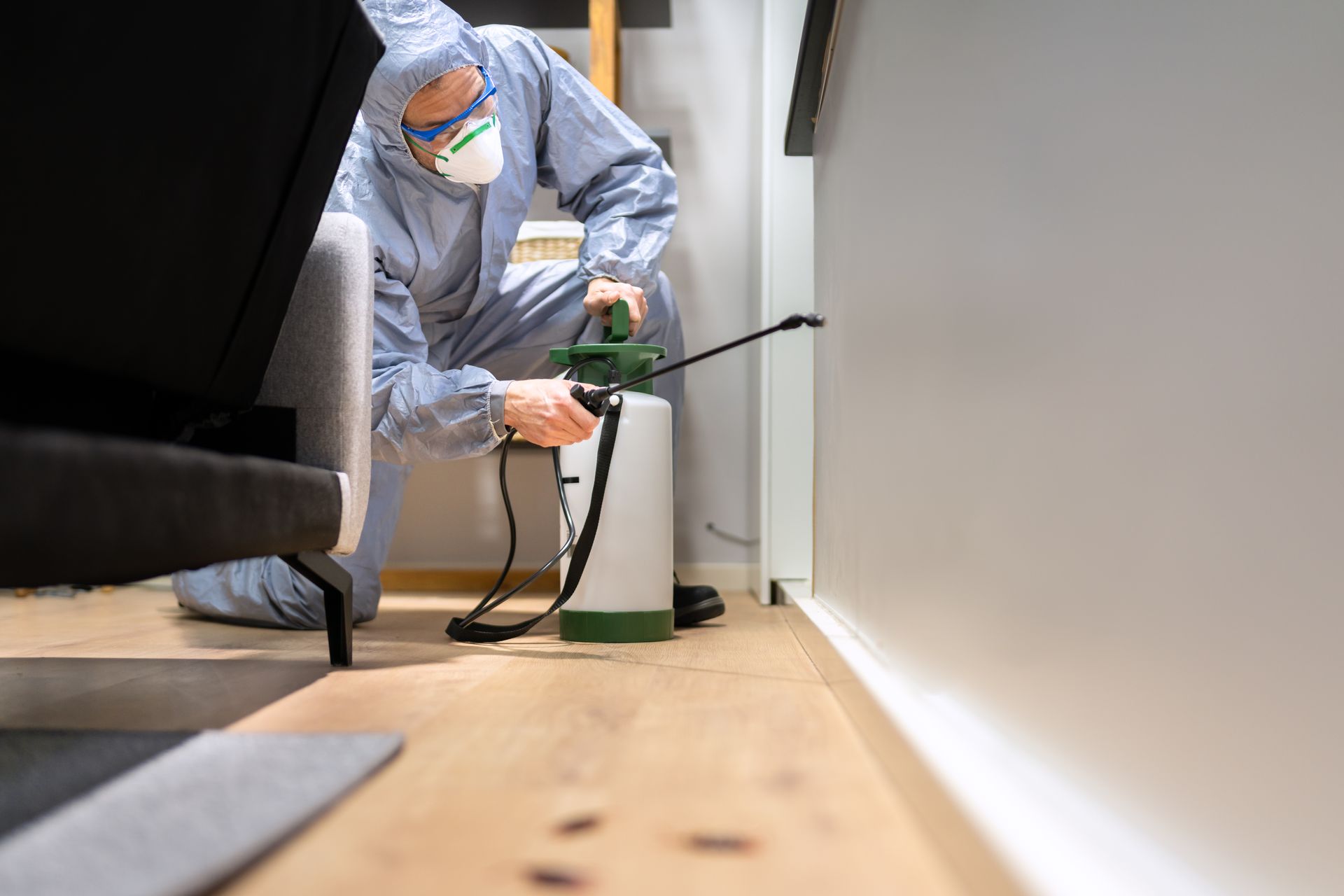How to Remove Rodents: A Guide to Safe and Effective Rodent Control
Rodents may be small, but the problems they bring into homes and businesses are anything but. Mice, rats, and other rodents chew through wiring, contaminate food, spread diseases, and damage property. If you’re looking for ways to remove rodents safely and effectively, you’re not alone—and you’re in the right place.
At
No More Pests Control, LLC, based right here in Queens, NY, we’ve helped countless residents and business owners eliminate rodent problems at the source. This comprehensive guide walks you through proven strategies to remove rats and mice from your space, prevent future infestations, and know when it’s time to call in the professionals.
1. Recognizing the Signs of a Rodent Infestation
The first step to remove rodents is confirming their presence. Many people miss the early signs, allowing the infestation to grow and become harder to manage. Here are common signs you might have rodents in your home or commercial property:
- Droppings: Tiny, dark droppings are close to where rodents are feeding or nesting.
- Scratching noises: Mice and rats are nocturnal. Hearing movement in the walls or ceilings at night is a common sign.
- Gnaw marks: Rodents chew on wood, plastic, insulation, and wires, leaving behind visible damage.
- Grease trails: As rodents travel the same paths repeatedly, they leave behind oily smudges from their fur.
- Nests: Made of shredded paper, insulation, or fabric, rodent nests are often hidden in wall voids, attics, or basements.
Identifying these early signs will help you take swift action and avoid a larger issue down the road.
2. Sealing Entry Points to Stop Rodents at the Source
Rodents don’t need a big hole to get inside. A mouse can squeeze through an opening as small as a dime, and rats can fit through a hole the size of a quarter. That’s why sealing entry points is one of the most effective ways to remove rats and prevent their return.
Start by inspecting your home or building for these common access points:
- Cracks in the foundation or walls
- Gaps around doors or windows
- Holes where utility lines and pipes enter the building
- Vents and chimneys
- Gaps under garage doors
Once found, seal these areas with rodent-proof materials like steel wool, caulk, or metal flashing. Be sure to also install door sweeps and repair damaged screens. Blocking entry points limits the chance of future infestations and makes traps more effective.
3. Setting Traps and Baits Strategically
Trapping is a key method in any rodent control plan. Whether you choose snap traps, glue boards, or humane catch-and-release traps, placement and bait selection make all the difference.
Tips for effective trapping:
- Place traps along walls where rodents commonly travel, not in open spaces.
- Use attractive bait: Peanut butter, chocolate, seeds, or nuts are excellent choices.
- Wear gloves: Rodents are cautious of human scent. Handle traps with gloves to prevent detection.
- Use multiple traps: Don’t rely on just one. Use several in different locations for better results.
If you decide to use poison baits (rodenticides), use caution. These should only be used in tamper-proof bait stations, especially in homes with pets or children. Improper use can lead to serious health risks or even legal consequences.
4. Keeping Your Home Clean and Rodent-Unfriendly
Rodents are drawn to food, water, and shelter. By eliminating these resources, you make your space less attractive to them. Good sanitation practices not only help remove rodents but also keep them from coming back.
Here’s how to create an environment rodents won’t want to call home:
- Store food in sealed containers: Don’t leave pet food, grains, or snacks exposed.
- Take out the trash regularly: Make sure your bins have tight-fitting lids and give them regular cleanings.
- Clean up crumbs and spills promptly: Don’t leave food waste behind, especially overnight.
- Fix leaks and moisture issues: Rodents need water. Repair dripping faucets and ensure proper drainage.
- Declutter your space: Rodents love to hide in piles of clutter, so keep storage areas tidy.
Rodents thrive where there is chaos and easy access to food. Clean, organized, and well-maintained spaces are your first defense.
5. When to Call a Professional Pest Control Service
Despite your best efforts, some rodent infestations are too extensive or too stubborn to handle alone. That's when you know it's time to bring in the professionals.
At No More Pests Control, LLC, we provide professional, eco-friendly solutions to remove rodents safely and efficiently. Our team is trained to identify the extent of the infestation, locate nests, and apply targeted treatments that eliminate the problem at its root.
Why choose professional rodent control?
- Expert knowledge: We know rodent behavior and can implement the right strategies.
- Integrated pest management: We use safe, science-backed methods tailored to your environment.
- Time and cost savings: DIY methods can be time-consuming and ineffective. We get the job done right the first time.
- Long-term prevention: Beyond just removal, we help you implement a rodent-proofing plan.
Whether you’re dealing with a single mouse or a colony of rats, professional help ensures a thorough, lasting solution.
No More Pests Control, LLC is Your Solution
Rodents aren’t just a nuisance—they’re a health hazard and a threat to your property. Don't let a minor issue balloon into a full-blown infestation. Whether you’ve spotted a mouse in your kitchen or you suspect rats in your walls, No More Pests Control, LLC is here to help.
Located in Queens, NY, we proudly serve homes and businesses throughout the borough with fast, effective, and discreet pest control solutions. Our trained technicians know exactly how to remove rodents safely and ensure they don’t come back. We can also eliminate spiders, moths, cockroaches, ants, and more.
Call us today at (347) 901-8143 to schedule a free inspection or request immediate service. Let us help you take back your space, rodent-free and worry-free.
FAQs
How can I tell if I have rat or mouse infestation?
Rats are larger than mice and leave behind bigger droppings, typically the size of a grain of rice. Mice droppings are smaller, like black sesame seeds. Rats also tend to be bolder and can gnaw through harder materials.
Can I safely handle rodent removal myself?
DIY rodent removal can be effective for small problems, but improper handling of traps and poisons can pose health risks. Professional help ensures safe and comprehensive removal.
How much time does it usually take to clear out a rodent infestation?
The duration hinges on how severe the infestation is. Minor issues may be resolved in a few days, while larger infestations could take several weeks and multiple visits.
Do rodents carry diseases?
Yes. Rodents are known carriers of diseases like Hantavirus, Leptospirosis, and Salmonella. Their droppings and urine can contaminate surfaces, making prompt cleanup and removal essential.
Will the rodents come back after removal?
If preventive measures aren’t taken, rodents can return. That’s why sealing entry points, keeping your property clean, and ongoing professional maintenance are key to long-term control.
